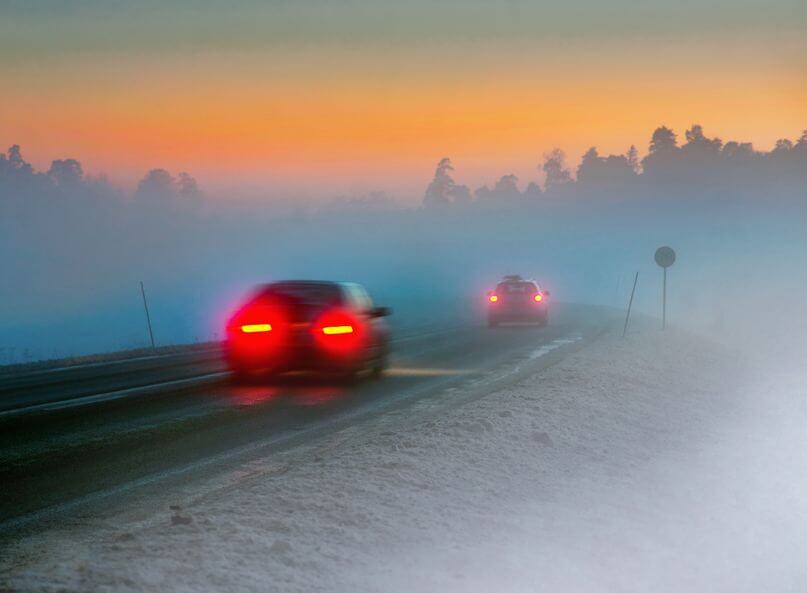
The holiday season is a joyous one when many of us travel long distances to visit family members or to attend reunions and get-togethers. However, the holidays also tend to be a time of year when traffic accidents spike significantly. Law enforcement officials in California and around the country are reminding drivers about the dangers of operating their vehicles while drowsy or exhausted.
Drowsy Driving Statistics
According to the California Highway Patrol, California has witnessed an increase in the number of collisions that involved sleepy and fatigued drivers over the last three years. In 2013, the state saw 28 deaths and 4,284 collisions involving drowsy drivers. That number rose significantly to 44 deaths and 4,693 collisions in 2014 and even further to 45 deaths and 5,511 collisions in 2015.
According to the U.S. National Highway Traffic Safety Administration (NHTSA), there are about 100,000 collisions that occur nationwide each year as a result of drowsy driving. These collisions result in 1,550 fatalities, 71,000 injuries and an estimated $12.5 billion in monetary losses.
The Danger of Fatigued Driving
Most people are usually very aware of the risk of driving under the influence of alcohol and/or drugs. But, many do not know that drowsiness also impairs judgment, performance and reaction time, just like alcohol and drugs. Teens and young adults are at the highest risk of drowsy driving due to their irregular and poor sleep habits as well as their lack of driving experience.
There are many underlying causes of sleepiness, fatigue and drowsy driving. These include sleep loss from restriction or too little sleep, interruption or fragmented sleep; circadian factors associated with driving patterns or work schedules; undiagnosed or untreated sleep disorders; time spent on a task; the use of sedating medications; and the consumption of alcohol when already tired.
How to Prevent Drowsy Driving
Here are a few tips to prevent drowsy driving any time of the year:
- Do not drive when you are sleepy. Don’t drive soon after a heavy meal or when you’ve taken drugs (prescription or over-the-counter) that could make you drowsy.
- If you feel drowsy, pull over immediately, park in the safe place and nap for 20 minutes. Taking a brisk walk or getting a cup of coffee might help as well.
- Travel with an alert passenger who can relieve you at the wheel if you get tired or sleepy.
- Remember, coffee, energy drinks, driving with the windows open or blasting your radio are not substitutes for sleep.
- Schedule a break every two hours or every 100 miles.
- Travel at times when you are normally awake. Sleeping less than six hours increases your risk of falling asleep at the wheel. Getting less than four hours of sleep prior to driving can be extremely dangerous.
Drowsy driving is negligent driving. If a drowsy or fatigued driver has injured you or a loved one, you may be eligible to receive compensation for the injuries, damages and losses you have sustained. Please call the Demas Law Group P.C., at (916) 444-0100 for a free consultation and comprehensive case evaluation.

